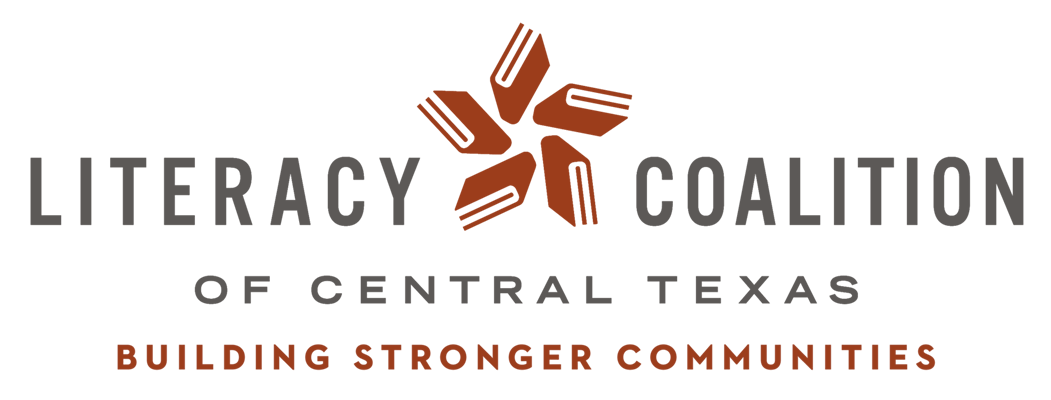August is a big time of year for those of us who work in education. Not only is it the start of the school year, but it’s also the changing of the guard for a lot of AmeriCorps members around the country. In honor of the hard work of last year’s members, as well as a welcome to our new volutneers, I’ve asked some of our outgoing members to write up their words of wisdom for anyone just starting out as a teacher. This week I’m posting an article from Caitlin Edwards. Caitlin spent last year working with LifeWorks here in Central Texas. (BTW – for those of you who’ve enjoyed the new and improved English Forward Instructor’s Guide, Caitlin did a lot of the editing work for us.)
When I started teaching ESL 2 years ago, I had a lot of excitement and not much knowledge. I had just graduated college and was starting my first job: serving as an AmeriCorps member at a nonprofit, teaching adult literacy classes. Part of my motivation serving as a Literacy AmeriCorps member was my love for other languages and cultures. I started learning a foreign language in middle school and continued learning through college. Really, I am still learning and always will be. I am thankful for this experience because it helps me relate to my students, and also informs the way I approach learning anything, including teaching. Learning is a process and must include hands on experience.
At the beginning of my AmeriCorps service, we went through a two day training on teaching adult ESL. I learned a lot, but still wasn’t totally sure what I was getting myself into. Once I started at my site, I had a couple of weeks to read a lot of material about teaching, including instructor guides and actual teaching materials and textbooks. While I am glad I got the chance to have a foundation in theory, I feel that my education on teaching didn’t truly start until I got into the classroom and interacted with students and other instructors. I had been trained on and read a lot about a learner centered approach, but couldn’t really wrap my head around that until I was face to face with actual learners.
I am a very meticulous planner and like to be thoroughly prepared for any situation. Teaching has helped me round out my perspective to include the importance of adaptability and flexibility. Yes it’s important to have a lesson plan and think through activities before entering the classroom, but it’s just as, if not more essential to be tuned in to the classroom environment and teach to that. I learned so much more about teaching from jumping in, trying it, sometimes failing at it, and trying again than from being told about it or reading about doing it. Once I had some classroom experience, the multitude of guides, handbooks, trainings, and online resources out there were immensely more helpful and informative because I had a context for what I was learning about. I believe the best thing for new ESL teachers is to get an introductory training, plan an initial lesson while keeping in mind that the class may likely not go according to plan – and that that’s normal and can be great! – and, as soon as possible, to get in the classroom and give it a shot. Just as we want our students to take risks and put themselves out there, we must do the same, as soon as possible.
Any other advice you’d give to new teachers? Leave a comment below. And check back next week for a follow-up guest post from another former AmeriCorps memeber.
